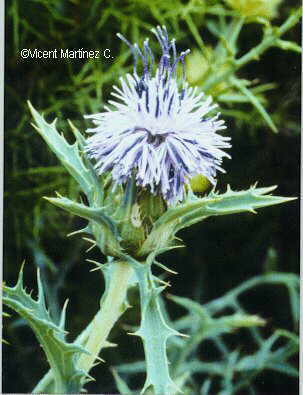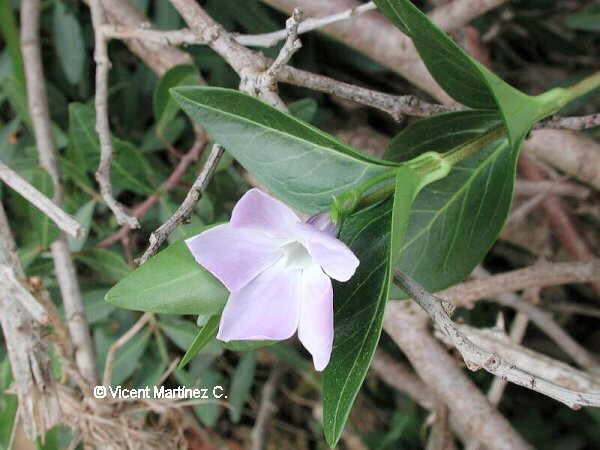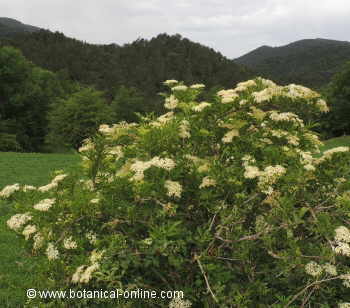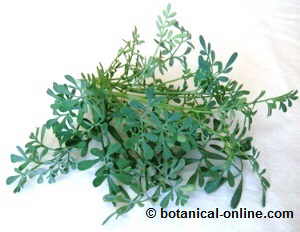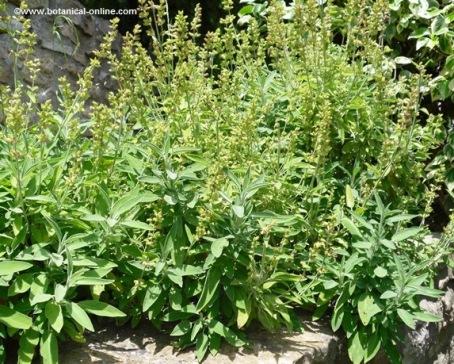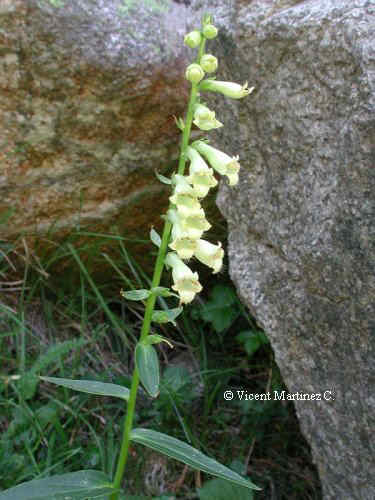Contents
- 1 Do you have to boil chard to make it good?
- 1.1 Is it true that chard has a lot of oxalates?
- 1.2 Why reduce oxalates in the diet?
- 1.3 Why does boiling chard remove oxalates?
- 1.4 What other recommendations can be followed to neutralize oxalates in Swiss chard?
- 1.5 Is it necessary to take a lot of dairy?
- 1.6 Can eating Swiss chard cause kidney stones?
- 1.7 Can people with calcium oxalate stones eat Swiss chard?
Do you have to boil chard to make it good?
Is it true that chard has a lot of oxalates?
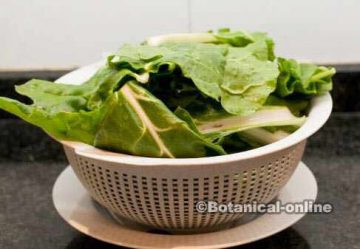
Why reduce oxalates in the diet?
Under certain conditions, a diet rich in oxalates can promote the formation of kidney stones.
In addition, oxalates are irritating to the digestive system and can cause minor bleeding when ingested in large quantities.
Why does boiling chard remove oxalates?
It is recommended to boil chard and other foods very rich in oxalates, such as sorrel or amaranth, because this process reduces their oxalate content. During the boiling of the vegetables, the oxalates remain in the broth, which is discarded.
In this way, when you eat boiled chard, they contain much less oxalates, and their anti-nutritional power is reduced.
What other recommendations can be followed to neutralize oxalates in Swiss chard?
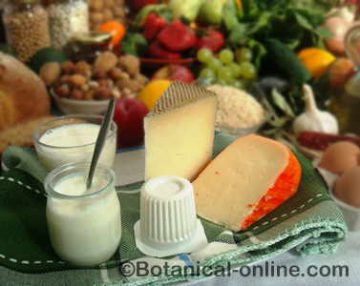
A recommendation that seems quite adequate is the combination of chard with foods rich in calcium, such as dairy products, like for example milk, yogurt (without added sugar) or cheese.
Calcium combines with oxalates, forming a compound that cannot be absorbed from the intestine. This prevents oxalates from reaching the kidneys, where they can produce calcium oxalate crystals and kidney stones.
It has been proven that in Indian cuisine, the combination of spinach with cheese (palak paneer) significantly neutralized the presence of oxalates in vegetables, in comparison to other recipes that did not include dairy.
Is it necessary to take a lot of dairy?
In general, it is not necessary to eat a lot of dairy to compensate for the ingestion of oxalates, since normally, a vegetarian diet contains enough calcium in the normal recommended servings.
Can eating Swiss chard cause kidney stones?
It is not true that chard and other foods that contain oxalates are the main causes of the formation of kidney stones. Most of the time, the cause of kidney stones is not known or can be difficult to determine.
Most likely, different factors are causing kidney stones, including food, but these are usually accompanied by a certain genetic predisposition or certain affectations (urinary infections, acidifying diet, not drinking enough, etc.).
In other words, some specialists are not as strict and believe that one should not strictly avoid or restrict foods high in oxalates. In their opinion, the ingestion of such plants is only partly responsible for the development of kidney stones. Other factors such as very high calcium intake, excess of protein in the diet or the habit of drinking a little water seem to have a higher impact than the intake of these plants in a fixed amount. It is preferred to talk of a moderate consumption, appropriate to each person´s tolerance.
| Under normal conditions, people can eat chard regularly. Eating a diet of 150 to 200 grams of chard per person in this case does not involve any risk to health. |
Can people with calcium oxalate stones eat Swiss chard?
In case of kidney stones or presence of calcium oxalate crystals in the urine, it is recommended to avoid foods that contain many oxalates such as Swiss chard.
Although a diet low in oxalates can only prevent food-borne kidney stones, it is also recommended to avoid foods with a high content of oxalates when the person presents conditions that can favor the appearance of kidney stones, like infections.
These food should be avoided by people with physical abnormalities that cause an increase in oxalate, such as, for example, those with primary hyperoxaluria, a condition in which, for lack of enzymes, the body produces more oxalate than the normal.
![]() More information on chard
More information on chard

